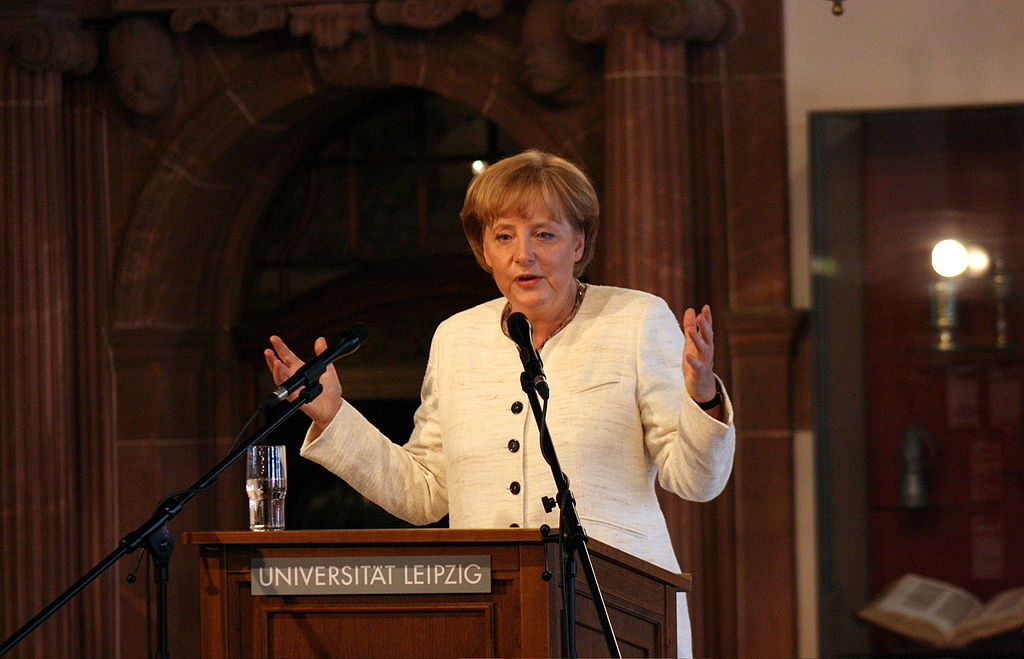Angela Merkel – A Portrait

world’s most powerful woman Federal Chancellor of Germany Dr. Angela Merkel
Oberservers say there has been an immediate sympathetic atmosphere when the Indian Prime Minister Manmohan Singh first met his German counterpart Angela Merkel at the Hannover Trade Fair in April 2006. He – the Sikh from Punjab- and she – the protestant woman from eastern Germany. Both not being the typical representatives of their state and only shortly in office. Both looking back at academic careers, making their way to politics through powerful mentors. He is internationally regarded as the architect of the reforms helping the Indian economy to grow like never before, she was considered to be the “World’s Most Powerful Woman” at present in Forbes Magazine.
Childhood in communist Germany
Merkel was born in Hamburg. When her father, a Lutheran pastor, received a pastor ship at the church in a small town in the state of Brandenburg, the family moved to Templin, north of Berlin- which was at that time considered communist East Germany. Even today that connection to her roots has quite an importance to Angela Merkel. She once said: “I consider it very important for political leaders, even when they are in government, to have a local voting district.” After spending her childhood in a small town, Merkel studied physics in Leipzig and earned her Ph.D. at the East German Academy of Sciences based on a doctoral thesis on quantum chemistry. And after being rewarded the doctorate, she worked in the research field.
At the age of 35 Angela Merkel got involved in the growing democracy movement after the fall of the Berlin Wall in 1989. She joined the newly established party Demokratischer Aufbruch- Democratic Awakening. After the collapse of the communist regime, she appeared on the political stage for the first time. Following the first democratic election of the East German state, she became the deputy spokesperson of the new pre-unification caretaker government. At the first pre-unification general election in 1990 she was elected to the Bundestag and her party merged with the West German CDU (Christian Democrats).
Kohl’s Girl
Shortly after this, Angela Merkel’s career took off. The West German Chancellor Helmut Kohl named her his Minister for Women’s and Youth Affair. In 1994 she became Minister for Environment and Reactor Safety and was the youngest minister in Helmut Kohl’s 3rd cabinet. As his protégées, the media called her “Kohl’s girl”. During this time she surely gained a greater political visibility and a platform on which she could build her political career. Despite her male colleagues Angela Merkel was not trying hard to earn political prominence, she was rather pulling the strings strategically from behind. She first came to prominence during the CDU party slush scandal by criticizing her former mentor Helmut Kohl and advocating a fresh start of the party without him. When Kohl lost the election in 1998, Merkel was named the Secretary-General of the CDU. In 2000 Merkel was elected to become the CDU party chairman, thus becoming the first female chair of her party. Even though opponents stated that she lacked all the attributes which are necessary to become a successful politician since the hasn’t been a member of the Youth Association of her party and thus didn’t seem to have a broad base of political contacts. And as a protestant lady she doesn’t quite fit the original composition of the party: the CDU is a male-dominated, socially conservative party with deep Catholic roots. But as the leader of the CDU Merkel enjoyed more and more popularity. From 2002-2005 she was the chairwoman of the CDU-CSU (Christian Social Union-sister party of the CDU) parliamentary party group.
First Female Chancellor
In the federal election in November 2005 Merkel ran against former Federal Chancellor Gerhard Schröder. She won, became Germany’s 8th post-World War II leader and now leads Germany’s Grand coalition. Dr. Angela Merkel is simultaneously the first female Chancellor of Germany since it became a modern nation-state in 1871 and also the first eastern German to hold the office. She is the youngest person to be the German Chancellor since the Second World War. And in 2007 she became the second woman to chair a G 8 summit after Margaret Thatcher. As a strong self-confident female politician from a centre right party and a scientist, Merkel has been compared by many to the former British Prime Minister Thatcher. After her election Social Democrat Peter Struck pointed out: ”Any woman who can fight her way to the chancellorship of the Christian Democratic Union has certain strengths!” Observers say she will surely need her reputed toughness to push fundamental reforms through while holding a potentially fractious Grand coalition with the Social Democrats together. When Merkel became Chancellor two years ago Germany had the lowest economic growth in Europe. Thus she announced in her first government address the objective of improving the German economy and reducing unemployment. In early 2006, polls showed that Angela Merkel had the highest approval rate among Germans ever to be recorded for a chancellor since 1949. However her popularity has fallen and risen on and off since then.
On the way to India
India has been a stranger for Angela Merkel so far. But her visit to the Asian country is coming up soon: in autumn of this year Germany’s Chancellor will join a business delegation to visit India. It will be her first visit to India.
Text: Daniela Singhal
Bild: Angela Merkel after receiving an honorary doctorate at Leipzig University
Episode 24: The Wisdom Workshop about „Wuwei – Flow” Interview with Andreas Andy Artmann (German)
The term Wu wei, also Wuwei, comes from Daoism. It is defined as non-action in the sense of acting in accordance with nature. Wu Wei does not mean that one does not act at all, but that the actions arise spontaneously in accordance with the Dao. Thus the necessary is done easily and effortlessly and overzealousness as well as blind actionism (which is considered as obstructive) is avoided. It is a state of inner silence that allows the right action to emerge at the right time without any effort of the will. “Wu-Wei essentially means to orient actions to the nature of one’s own individuality rather than to the purely cognitive, benefit-oriented will.
Enjoy listening to or watching the video. Andreas’ refreshing and light manner is fun.
Episode 23: The Wisdom Workshop “Complexity Management” Interview with Gitta Peyn
We have to deal with complexity every day. Especially in global, complex events, such as the climate crisis. How are things connected?
Gitta Peyn has created FORMWELT, which is a coding language for language and meaning. It is a linguistic system based on injunction to acquire definition. Together with her husband Ralf, Gitta developed this coding language.
Episode 22: The Wisdom Workshop 2. Interview with Wulf M. Weinreich “Tibetan book of death, evolution, epigentic, economics and politics” (German)
IIn the first interview with Wulf Mirko Weinreich, we talked about the integral model and how it is possible, to unite economics, politics and spirituality with each other in this model. The base of this episode is the Tibetan Book of the Dead, which Wulf Mirko has simplified and made it compatible for the western world in German and English (NOT translated). “The integral Book of the Dead” supports dying people in being accompanied into the different “Bardos”. If it is so that all people die the same way, and if manifest, subtle & causal are universal categories, so that every person goes through them, then it must be possible to describe it to everybody, without having studied religion or Buddhism per se.
Why is it important for Julia and me to deal with death? The way people deal with crises makes it clear that we, especially in the western world, are afraid of death. The naturalness that death actually brings with it (everything that lives will die) has been lost and actions, especially in business and politics, are based on “life support at any cost”. The causes that lead to actual suffering are hardly considered at all. Symptoms are treated. The detachment from the subtle and causal gives rise to fear. The connection to them creates trust.
Have fun listening. It makes sense to watch the first interview with Wulf Mirko, because this interview is based on it.
Episode 21: The Wisdom Workshop “Grief Counseling” Interview with Marketing Manager Petra Sutor (German)
Petra Sutor is a marketing manager at an auditing and tax consulting firm.
As a grief counselor, she accompanies bereaved people who have lost relatives and colleagues. She is
a systemic coach and a successful author.
With her we talk about the topic of death, how she was able to, together with a colleague, establish a
contact point for bereaved people and to change death in this environment from a taboo subject to a
an accepted topic. It is a very versatile conversation, where amongst others, intercultural aspects,
as well as western and eastern manners play a role.
Look or listen to this very interesting and touching episode.
Episode 20: The Wisdom Workshop “An integral view on Corona, Leadership in Economics & Politics” Interview with Wulf-Mirko Weinreich (German)
Immerse yourself in the integral world. In this episode Wulf Mirko Weinreich explains the integral model after Ken Wilber in terms of spirituality and psychology. How to explain how business and politics deal with corona with this model? We also take a look at leadership in these two areas and come to some interesting conclusions.
This time it’s worth watching the video, because some slides are shown for explanation.

